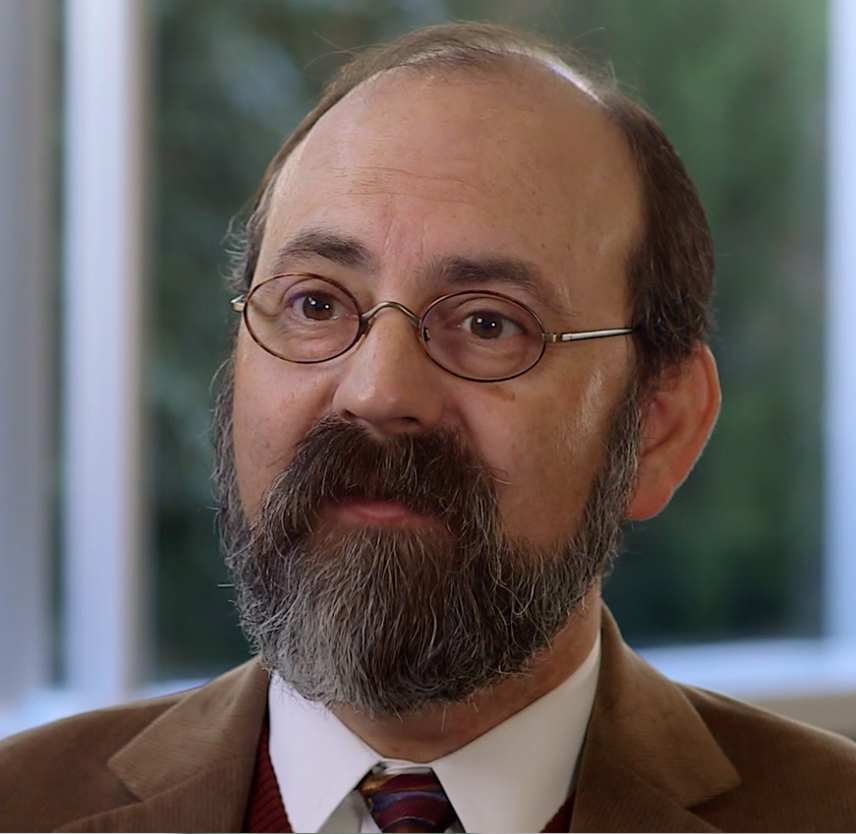Dr. David Arciniegas shares medical issues after a brain injury that are often mistaken as a "memory problem."
View more videos with Dr. David Arciniegas.
About the author: David Arciniegas, MD
Dr. David Arciniegas is a psychiatrist in Gunnison, Colorado and is affiliated with TIRR Memorial Hermann. He received his medical degree from University of Michigan Medical School and has been in practice for more than 20 years. He is one of 2 doctors at TIRR Memorial Hermann who specialize in Psychiatry.


Comments (3)
Please remember, we are not able to give medical or legal advice. If you have medical concerns, please consult your doctor. All posted comments are the views and opinions of the poster only.
Sarah replied on Permalink
I found this subject very interesting. I have had a large tumor removed almost two years ago. There is still a residual piece left by the optic nerves. Since the 7 1/2 hour surgery I have experienced the things you mention in the tape. I continue to label it memory issues, for which there is no help. I also clarify it is not Alzheimer's, since my long term memory is fine. I can see how it can be not being able to pay attention, lack of speed of processing, word finding, stress or depression. This short sound really made me feel better. I wish there was a way to solve these issues. I see a neurologist but there seems to be no hope or help. Please post another video with some suggestions. Thank you very much.
Friend replied on Permalink
Insulin is made in the Pancreas. Your brain thrives on the right amount of insulin being directed to the brain and parts of the body. If it doesn't get the right amount of insulin it will not function properly. Memory loss is not the problem, it's the result of not getting enough insulin, so the lack of insulin is the problem. Adding insulin to the brain feeds it for the moment but does not heal. There are many healthy foods that produce healthy insulin like avocados and other like foods and the pancreas takes over the job. Add insulin, add healthy foods. Add longer life and health.
Karen Smith Levering replied on Permalink
Measuring your blood glucose levels is so important to understanding what it may be. I measured mine rigorously to make sure they were in check post-injury. Labeled with Hyerinsulinemia, my body was sensitive to sugar intake. Measuring sugars daily, helped me to be certain they were not an addition to the short-term memory loss challenges after assault and TBIs with sudden short term memory loss.